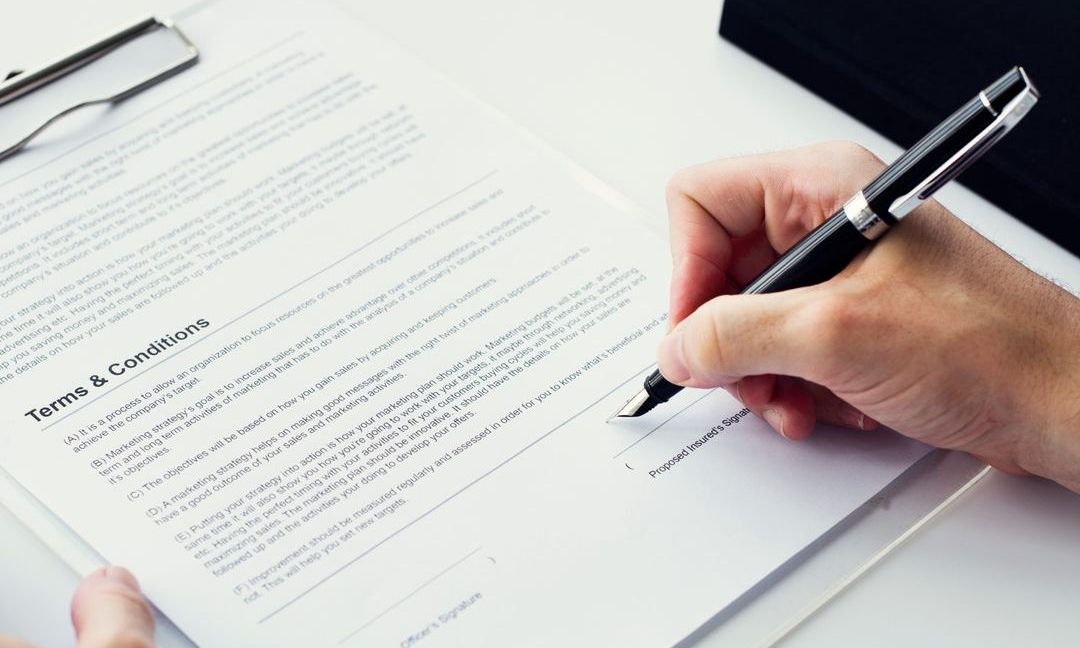Buying a house can be an incredibly exciting time and it’s easy to get carried away, signing on the dotted line and putting in an offer before you’ve had a chance to seek legal advice.
However, you should always check in with your lawyer before signing a sale and purchase agreement.
Many buyers make the mistake of signing the agreement before having it reviewed by their lawyer, assuming they are covered by the default solicitor’s approval clause that real estate agents supply. Unfortunately, this can result in buyers becoming trapped in an agreement they are unhappy with.
When should you engage a lawyer during the property purchase process?
You should engage a lawyer as soon as you start thinking about buying a property, for several reasons:
- Before your lawyer can start providing legal advice, they will need to obtain various identification documents from you for compliance purposes. As this process can take some time, it pays to get everything underway in advance so that your lawyer is free to act for you as soon as you require their assistance
- Your lawyer can help you prepare for the property purchase process. They will make sure you are eligible to purchase residential land in New Zealand, discuss financing and ownership options, explain the due diligence that may be required and make sure you are aware of the difference between purchasing at auction or by negotiation
- As soon as you find a property you are interested in purchasing, the real estate agent will need to know your lawyer’s contact details to include in the sale and purchase agreement. If you don’t have a lawyer at this stage, it will delay the purchase process and may mean that you miss out on the property if another buyer is more prepared

Should my lawyer check over the sale and purchase agreement before I sign it?
Yes, you should never sign a sale and purchase agreement until it has been examined by your lawyer. Your lawyer will check that:
- The agreement contains the appropriate conditions for your circumstances. For example, your lawyer may suggest a longer due diligence period if the property requires more investigation than usual or if there are any complications regarding your finance
- The terms of the agreement are correct. Often, there are errors in sale and purchase agreements that could hinder the purchase process if not corrected
- Any special terms that you require are inserted. For example, if you are purchasing off the plans, your lawyer might advise that a sunset clause is inserted which allows you to cancel the agreement after going unconditional if the development takes longer to complete than anticipated

What if the agreement already contains a solicitor’s approval clause? Does my lawyer still need to check it before I sign it?
Generally speaking, the solicitor’s approval clauses inserted by real estate agents are insufficient for the purchaser’s needs. It depends on how they are worded, but most of the standard clauses used by real estate agents are of little value to the purchaser and typically only allow your solicitor to ‘tidy up’ any administrative mistakes in the agreement (for example, if the property description is wrong). These clauses will generally not allow your solicitor to cancel the agreement, add extra conditions or include new clauses altogether.
A solicitor’s approval condition is not to be mistaken for a due diligence condition, which, generally speaking, allows a purchaser to complete a full due diligence investigation of the property before going unconditional. However, even if the agreement contains a due diligence condition, we still recommend that you have your lawyer review and approve the agreement, as it is important to ensure the specific wording of the due diligence condition adequately protects you as the purchaser.

I’m selling a property. Do I need to have my lawyer check the sale and purchase agreement?
Absolutely, you should have the agreement checked by your lawyer before signing it. Your lawyer will make sure you are adequately protected and that any special terms you might require are inserted.
For example, if you have completed work on the property which may have required council consent but that consent was never obtained, the agreement will need to have a special clause disclosing this and stating that you have no liability for that work.
If you are selling by auction, you should also ensure that your lawyer reviews the auction agreement prior to the auction.
If you’re thinking about buying or selling a property and would like to chat with us, please get in touch with Hannah or contact reception.
Note: This post is brief and general in nature. You should not treat it as legal advice and should seek professional advice before taking any action in relation to the matters dealt with in this post. Armstrong Murray accepts no liability for losses suffered by any person or organisation who may rely directly or indirectly on this post.